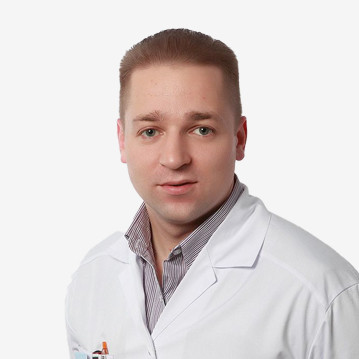
Why get vaccinated against hepatitis A?
Hepatitis A is a dangerous disease of an infectious origin that affects the liver. It is caused by an RNA-containing virus.
Children tolerate this disease in a mild form, acquiring lifelong immunity. In cities, it more often affects adults and adolescents. They have hepatitis A more severe, often the disease is accompanied by relapses.
When and to whom is hepatitis A vaccinated?
In a number of countries (Israel, Spain, USA, Italy, etc.), hepatitis A vaccination is massive. The vaccine is given to children aged 1-2 years. The second dose of the vaccine is administered six months to a year after the first.
Vaccination allows you to protect children from this disease for a long time, to ensure the protection of people who did not get sick with it in childhood. Epidemiologically indicated vaccination makes it possible to quickly extinguish an outbreak.
Vaccination is indicated for catering workers and people with chronic liver diseases. They also vaccinate the military who have been in the field for a long time.
You can get this vaccine at any age.
Features of vaccine prophylaxis in K+31:
- Experienced therapists, pediatricians, immunologists.
- Quality medicines.
- Comprehensive reception and diagnosis before vaccination.
- Post-vaccination control.
- Drawing up an individual vaccination schedule.













